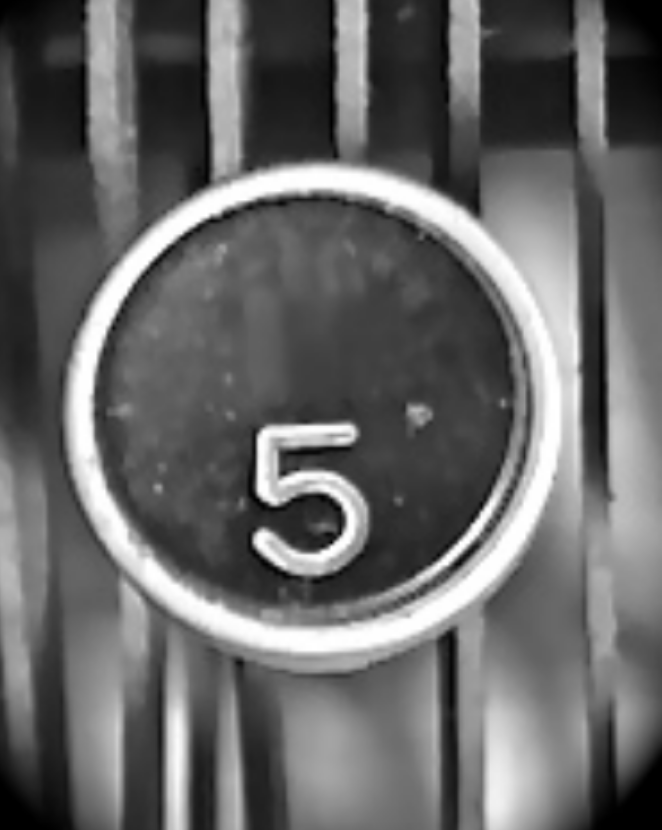5 HOT BOOKS: The Real Causes of Poverty, Living with a Stutter, and More
/1. Poverty, By America by Matthew Desmond (Crown)
MacArthur “genius” grant winner Desmond won the Pulitzer Prize for Evicted: Poverty and Profit in the American City, his immersive investigation that, through vivid portraits, revealed the eviction process in Milwaukee as a consequence of poverty rather than a cause of it. Now Desmond, a sociologist, has written a powerful jeremiad contending that poverty exists because the comfortable in society benefit from advantageous public policies, laws, and tax breaks denied the poor. Rich with evidence, Desmond’s book argues that abolishing poverty is possible only if we can face our own complicity in its existence.
2. Life on Delay: Making Peace with a Stutter by John Hendrickson (Knopf)
In his deeply inspiring memoir, Hendrickson conveys not only how stuttering – his struggle to speak – has shaped his life, but also what it feels like to be blocked, even terrified by certain words or letters. Hendrickson, a senior editor at the Atlantic, brought insight to the speech disorder with his 2019 story that went viral, “What Joe Biden Can’t Bring Himself to Say.” A congenial guide through the experiences of stutterers, Hendrickson enriches his personal chronicle by extending his investigation into his own family dynamic and yearning to be understood as well as the research into the world of speech pathology.
3. I Have Some Questions for You by Rebecca Makkai (Viking)
Following her smash hit The Great Believers, which was a finalist for both the Pulitzer Prize and the National Book Award, Makkai returns with another novel that showcases her stylish prose and talent for keying into the cultural Zeitgeist). With the literary DNA of Donna Tartt’s masterpiece The Secret History, Makkai’s suspense story is set at a New Hampshire boarding school from which her narrator, podcaster Bodie Kane, has graduated, where she is now teaching, where her former roommate died, and the school’s athletic trainer had confessed to killing her. Thought bomb twists – including #MeToo, Twitter mobs, wokeness, cancel culture, predatory behavior, mythologized girlhood, the justice system and entertainment – elevate this page-turning mystery into a provocative social novel.
4. The Odyssey of Phillis Wheatley: A Poet’s Journeys Through American Slavery and Independence by David Waldstreicher (Farrar, Straus & Giroux)
In his fascinating biography, historian Waldstreicher traces the arc of Phillis Wheatley’s life, from her arrival as a young, enslaved girl in 1761 in Boston to her evolution into a celebrated poet. Waldstreicher focuses on interpreting Wheatley’s poetry, pointing to its subversive qualities and attention to race and piety. Placing Wheatley’s life and poetry prominently in the American literary tradition of the revolutionary era, Waldstreicher appreciates her gift for revealing the contradiction of the colonists’ call for freedom even as slavery endured.
5. Boundless as the Sky: Fables & Tales, Some of Them True by Dawn Raffel (Sagging Meniscus)
Raffel’s alluring novel has been likened to a Russian nesting doll. The first of its two sections, a response to Italo Calvino’s Invisible Cities and told in sharp images and impressionistic shards. The second takes place over a single day at Chicago’s 1933 World’s Fair, when seaplanes were flown together in a display of fascist power, as real and imaginary historical figures mingle with performers and residents. Together the novel’s parts congeal into a powerful American tableau.










